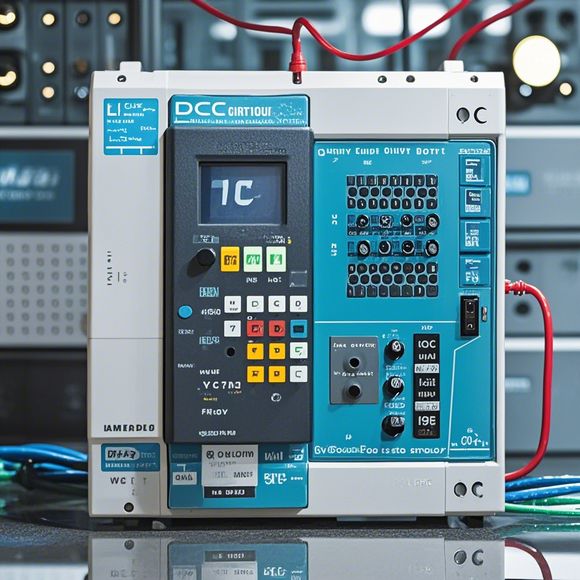Understanding the Role of Programmable Logic Controllers (PLCs) in Modern Manufacturing
In modern manufacturing, programmable logic controllers (PLCs) play an essential role. They allow for precise control of machines and processes, ensuring consistent quality output. PLCs are designed to handle complex tasks and can be programmed to perform specific functions, such as monitoring temperature or adjusting speed. This automation helps to reduce errors and increase efficiency, making it vital in today's fast-paced manufacturing environment.
In today's world, manufacturing industries rely heavily on automation to increase efficiency and productivity. One critical component of these systems is the Programmable Logic Controller (PLC), which plays a crucial role in controlling various processes and machinery. PLCs are digital electronic controllers that can be programmed to perform specific tasks based on instructions or data input. They are widely used in industries such as automotive, textile, chemical, and food processing, among others. In this guide, we will explore the working principles of PLCs and how they contribute to modern manufacturing operations.
Firstly, let's understand what a PLC is. A PLC is a device that is specifically designed to control and monitor industrial processes. It consists of an internal microprocessor that executes instructions stored in memory and communicates with other devices in the system. The key advantage of using PLCs is their flexibility and adaptability, allowing them to be customized to suit specific needs and requirements.
One of the main functions of PLCs is to process data received from sensors or input devices, such as temperature sensors, pressure gauges, or flow meters. This data is then interpreted by the PLC and processed according to predefined algorithms or logic rules. For example, if a temperature sensor detects an abnormal rise in temperature, the PLC could trigger a safety mechanism to shut down the process or take corrective action.
Another important aspect of PLCs is their ability to communicate with other devices in the system. This can be achieved through various communication protocols, such as PROFIBUS, Ethernet, or Modbus. By connecting to other devices, PLCs can share information about their status, performance, and any errors that need to be addressed. This helps to ensure that the entire system remains stable and reliable.

The programming of PLCs is another critical aspect of their operation. PLCs come with a variety of programming languages, such as ladder diagrams, function blocks, or structured text, which allow for easy customization and modification of the program. The programmer responsible for programming the PLC must have a deep understanding of the system's requirements and the language used for programming. This ensures that the program is optimized for maximum efficiency and accuracy.
To ensure that PLCs work optimally, it is essential to maintain good communication between the PLC and its environment. This involves ensuring that the network connections are secure and reliable, and that all sensors and actuators are properly installed and functioning correctly. Additionally, regular maintenance checks should be conducted to identify and address any issues that may arise.

In conclusion, PLCs play a vital role in modern manufacturing operations by providing efficient and accurate control over various processes. Their ability to process data, communicate with other devices, and be programmed with ease make them ideal for use in a wide range of industries. By understanding the working principles of PLCs and maintaining good communication and maintenance practices, manufacturers can ensure that their systems remain reliable and effective.
Content expansion reading:

Articles related to the knowledge points of this article:
PLC Controller for Manufacturing Automation
How to Use a PLC Controller for Your Business
PLC (Programmable Logic Controller) Control System Basics
Plumbers Rule! The Role of PLC Controllers in the World of Waterworks
The Role of Programmable Logic Controllers (PLCs) in Foreign Trade Operations
PLC Controllers: A Comprehensive Guide to Understanding Their Prices